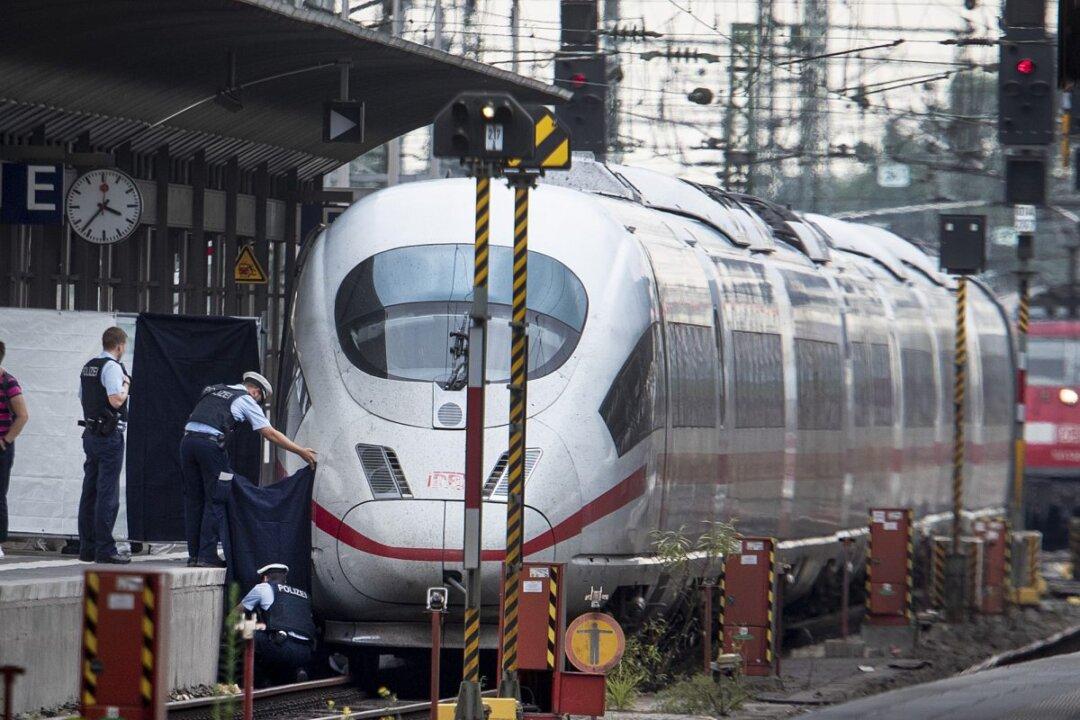An African national pushed an 8-year-old boy and his mother in front of an oncoming train in Germany on Monday, July 29, killing the boy when the train hit him, police said.
The child’s mother survived.


An African national pushed an 8-year-old boy and his mother in front of an oncoming train in Germany on Monday, July 29, killing the boy when the train hit him, police said.
The child’s mother survived.